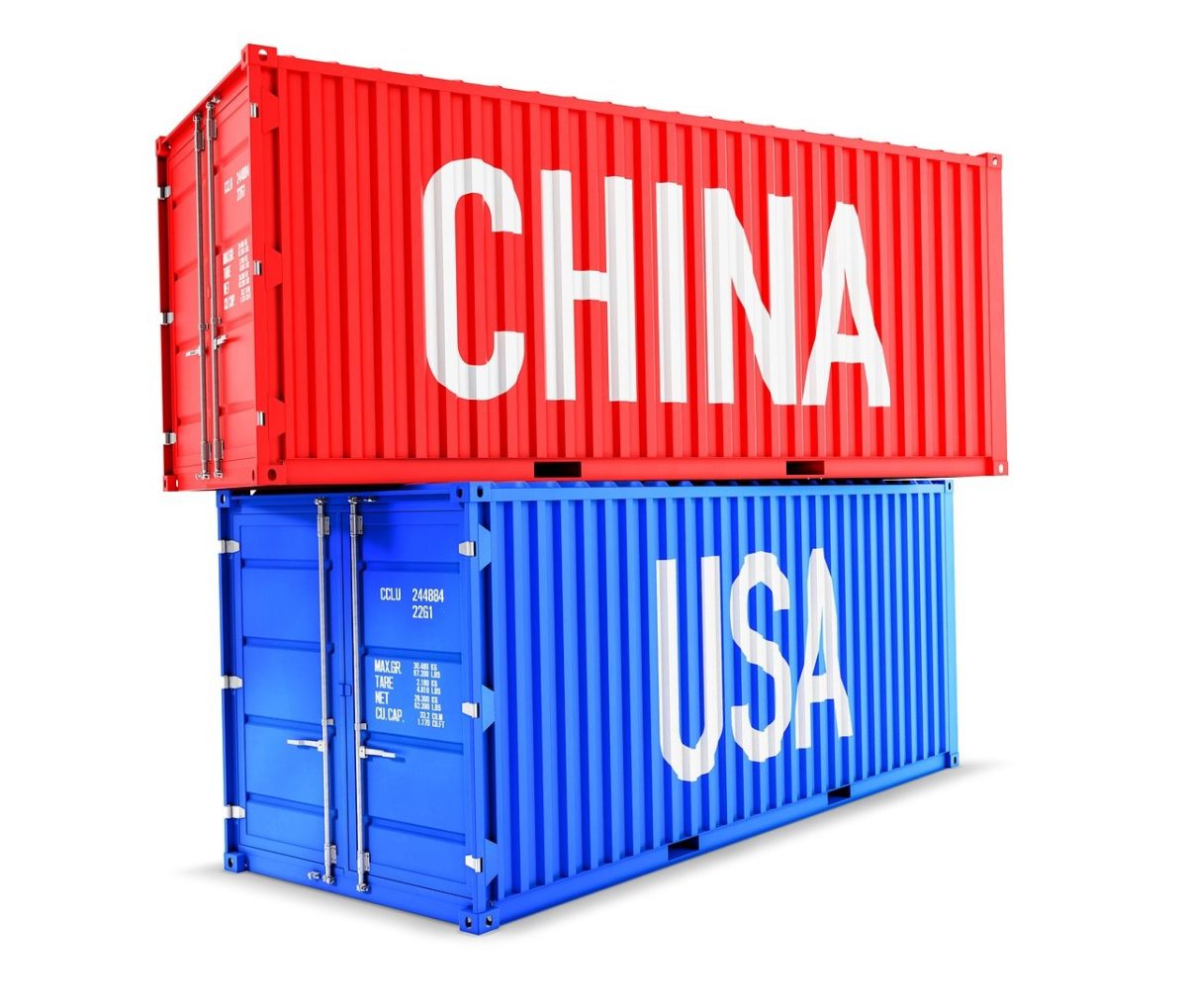Recent protests on American campuses regarding the situation in Gaza have been marked by widespread student activism and institutional responses. These protests have seen students engage in various forms of activism, including walkouts, sit-ins, and the establishment of “Solidarity Encampments.” For example, at the University of Pittsburgh, students declared a “Liberation Zone,” while at the University of Texas at Austin, a significant walkout and sit-in led to the deployment of state troopers and arrests of students. Similarly, at Yale University, a group of graduate students initiated a hunger strike to protest the university’s investments related to the conflict.
Continue reading “Youth and the protests of 1968 & 2024”









